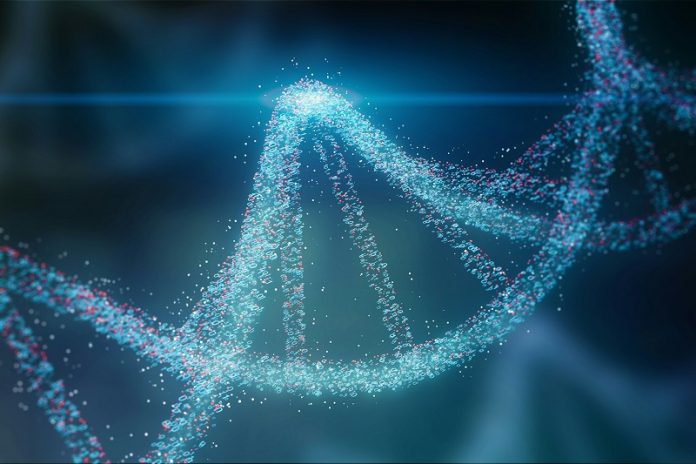
Researchers at the University of Virginia have uncovered a discovery that may help explain why men generally live shorter lives than women.
Their study, led by Kenneth Walsh, reveals that as men age, many lose the Y chromosome from their blood cells.
This loss, which happens in about 40% of men by the time they reach 70, is now shown to have serious health consequences, particularly for the heart.
The study suggests that losing the Y chromosome can cause scarring in the heart muscle, a condition called fibrosis, which can lead to fatal heart failure. This finding helps explain a long-observed fact: men, on average, die younger than women.
In the United States, men typically live about five years less than women, and the researchers estimate that Y chromosome loss could account for nearly four of those years.
Using advanced genetic tools like CRISPR, the team created a mouse model that mimics this chromosome loss in men. The results were striking. Mice that lost their Y chromosome showed faster aging, more scarring in their hearts, and shorter lifespans.
Importantly, the damage wasn’t just due to inflammation but involved a more complex immune system response that led to tissue scarring throughout the body.
Scientists have known for a while that losing the Y chromosome is linked to various health problems in men, such as Alzheimer’s disease. But this study provides solid evidence that it also directly harms heart health.
The researchers didn’t just stop at identifying the problem. They also pointed to a possible solution. A drug called pirfenidone, already approved by the FDA for treating lung scarring, could help reduce tissue scarring in other organs, including the heart.
This drug is now being tested for treating heart failure and chronic kidney disease, raising hope that it could also help men affected by Y chromosome loss.
This study is significant because it not only identifies a key factor behind men’s shorter lifespans but also offers potential treatments to improve their health as they age. Reducing scarring in vital organs like the heart could help men live longer and healthier lives.
The findings open the door to new research and treatments aimed at addressing the effects of Y chromosome loss. If successful, these therapies could improve health outcomes for aging men around the world, narrowing the lifespan gap between men and women.
For now, this research highlights an important biological difference between men and women, providing valuable insights into how aging affects men differently and pointing to ways to address those challenges in the future.
If you care about wellness, please read studies about how ultra-processed foods and red meat influence your longevity, and why seafood may boost healthy aging.
For more health information, please see recent studies that olive oil may help you live longer, and vitamin D could help lower the risk of autoimmune diseases.
Copyright © 2024 Knowridge Science Report. All rights reserved.



